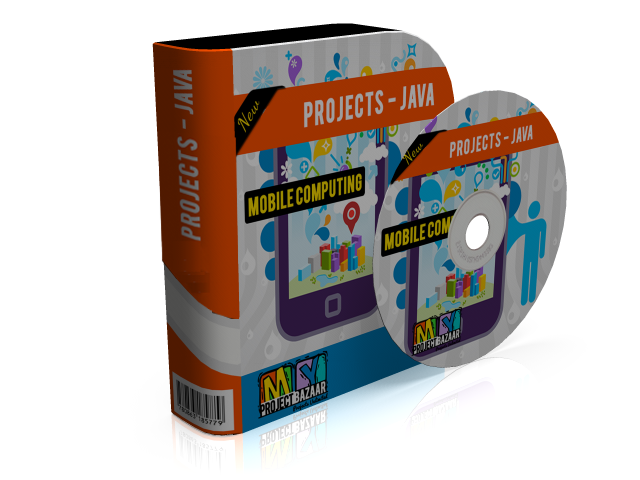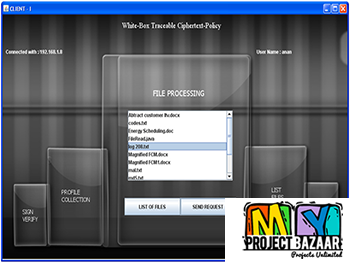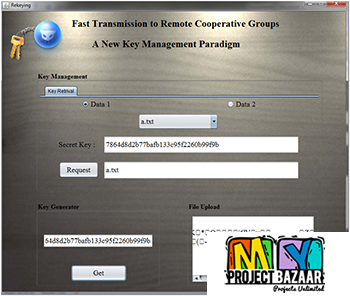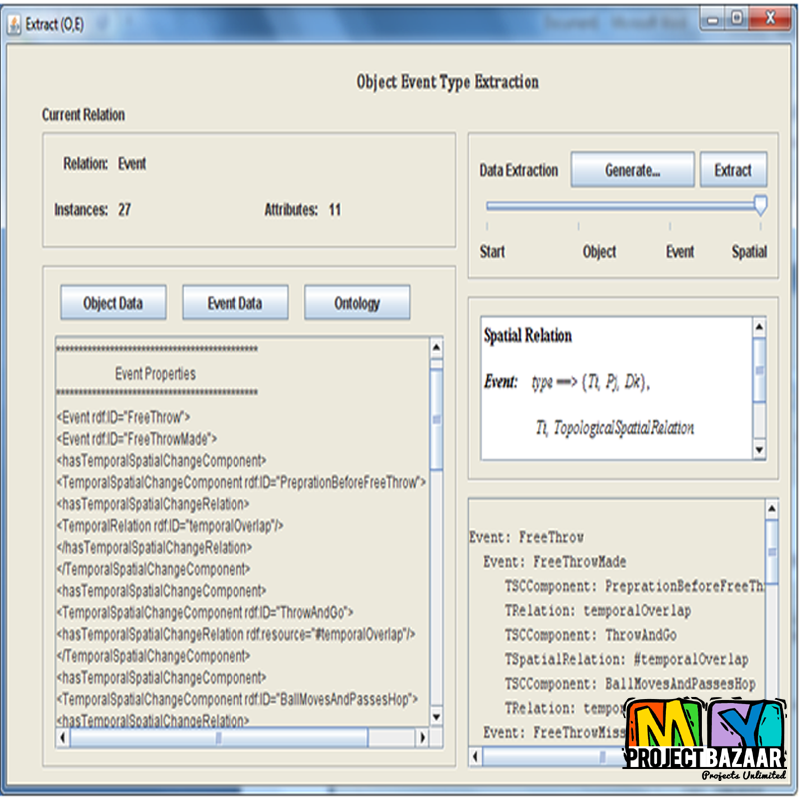
Adaptive and Energy Efficient Context
Product Description
Abstract— Adaptive and Energy Efficient Context. This paper presents a novel framework that includes an inhomogeneous (time-variant) Hidden Markov Model (HMM) and learning from data concepts. The framework either recognizes or estimates user contextual inferences called `user states’ within the concept of Human Activity Recognition (HAR) for future context-aware < Final Year Projects > applications. Context-aware applications require continuous data acquisition and interpretation from one or more sensor reading(s). Therefore, device battery lifetimes need to be extended due to the fact that constantly running built-in sensors deplete device batteries rapidly. In this sense, a framework is constructed to fulfill requirements needed by applications and to prolong device battery lifetimes. The ultimate goal of this paper is to present an accurate user state representation model, and to maximize power efficiency while the model operates. Most importantly, this research intends to create and clarify a generic framework to guide the development of future context-aware applications. Moreover, topics such as user profile adaptability and variant sensory sampling operations are examined. The proposed framework is validated by simulations and implemented in a HAR-based application by the smartphone accelerometer. According to the results, the proposed framework shows an increase in power efficiency of 60% for an accuracy range from 75% up to 96%, depending on user profiles.
Including Packages
Our Specialization
Support Service
Statistical Report

satisfied customers
3,589
Freelance projects
983
sales on Site
11,021
developers
175+Additional Information
| Domains | |
|---|---|
| Programming Language |

















